Madama
Butterfly
Giacomo Puccini
Japanese tragedy in three acts
Libretto: Giuseppe Giacosa and Luigi Illica
World premiere: 17 February 1904, Regio Teatro alla Scala, Milan
Polish premiere: 3 December 1908, Teatr Wielki, Warsaw
Premiere of this production: 29 May 1999
In the original Italian with Polish surtitles
The port in Nagasaki was the only Japanese port to let in foreign ships. Colourful stories of love affairs between local geishas and foreigners were so moving that literature took an interest. Pierre Loti wrote a novel called Madame Chrysanthème. John Luther Long drew on it when he wrote Madame Butterfly, which in turn inspired David Belasco to write a play of the same title. When Puccini’s opera conquered the opera world, people even found Butterfly’s prototype in Nagasaki. She was supposedly called Tsuru Yamamura, embroidered a butterfly on her coat (hence the nickname), married a British merchant and, when he left her, committed hari-kari (fortunately unsuccessfully). The composer saw Belasco’s play in London in 1900. He didn’t sail to America until 1907. He could have met officers similar to Pinkerton on the ship, but by then the premiere had long taken place (1904). The music in Butterfly is pure Puccini: the saturated sound of strings, psychological truth in the singing, deep emotions. All the things that audiences loved him for. Just once in a while, a melodic element in Far Eastern style is heard. On stage, cherry blossoms and parasols have reigned supreme. Mariusz Treliński defies this stereotype. He shows the magic and mystery of Japan with light, colours and actor gestures akin to the Noh theatre convention. The beautiful Warsaw Butterfly (from 1999), staged in the same form in Washington, St. Petersburg, Valencia and Tel Aviv, brought Treliński fame, and with him also the Teatr Wielki. Today this artist’s opera debut is a cult must-see production. Definitely.
Cast
Credits
Synopsis
Sponsors
-
Mecenas Teatru Wielkiego - Opery Narodowej
-
Partnerzy Teatru Wielkiego - Opery Narodowej
-
Patroni medialni Teatru Wielkiego - Opery Narodowej
-
Partners of Teatr Wielki – Polish National Opera
-
Media patrons of Teatr Wielki – Polish National Opera





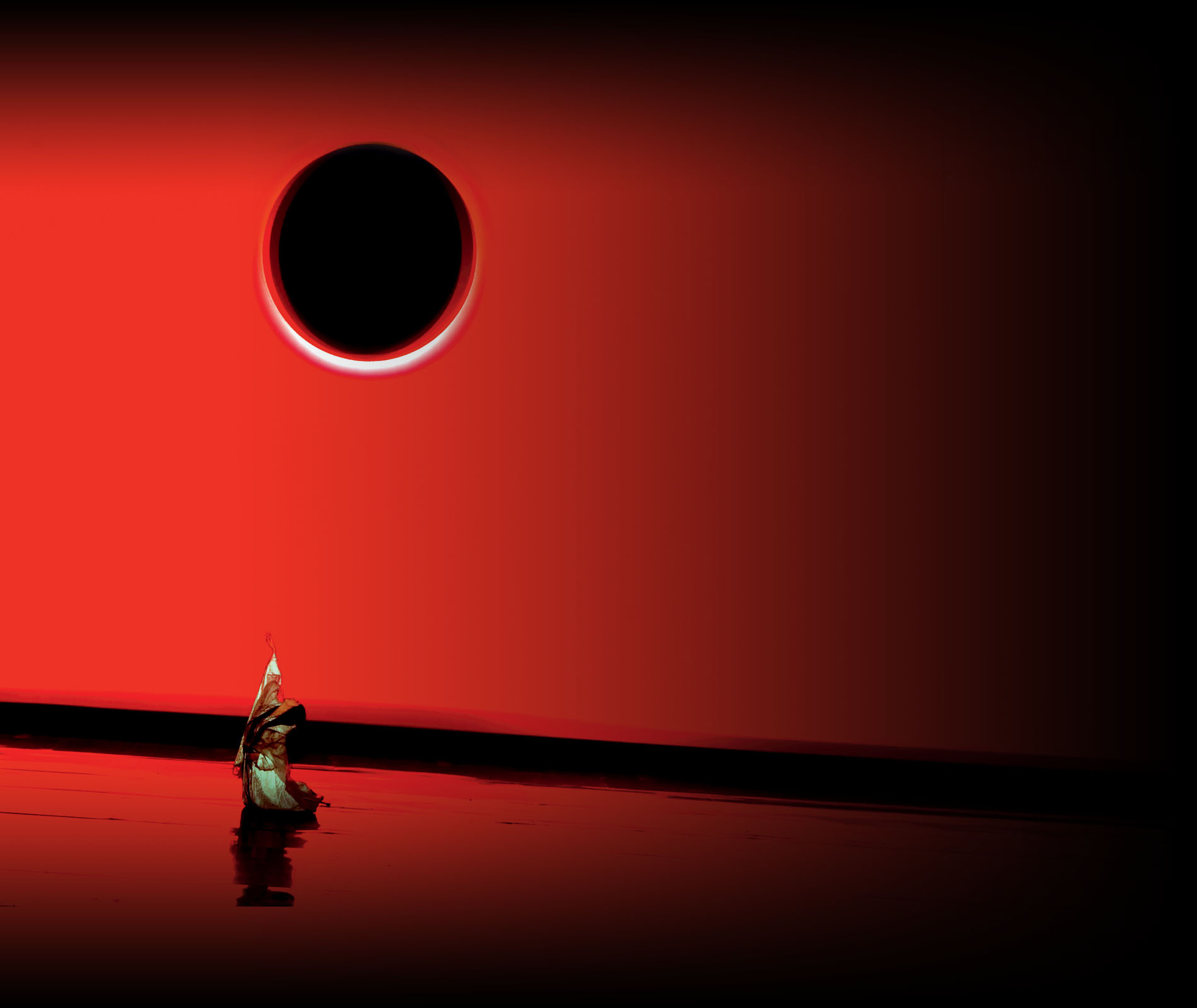
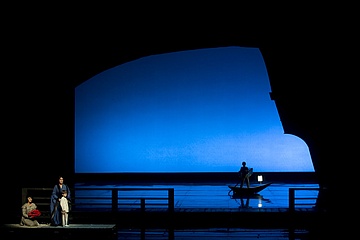

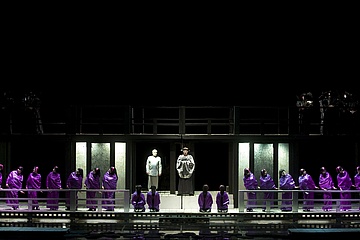
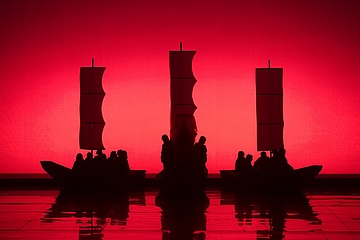
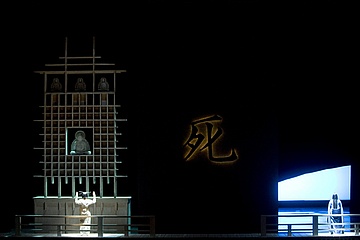
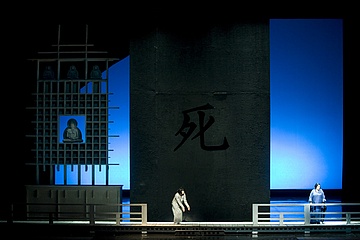
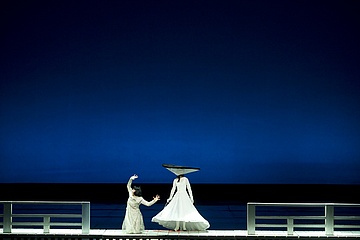
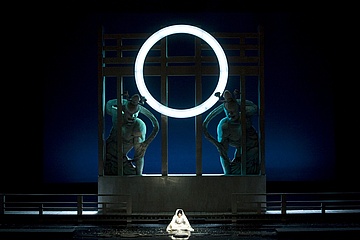
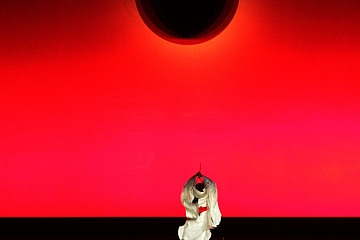
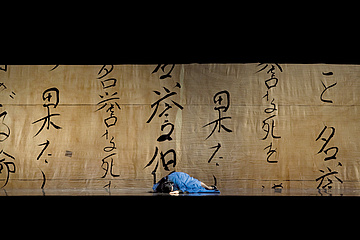

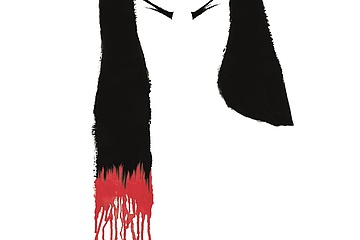
 Karah Son
Karah Son  Bernadetta Grabias
Bernadetta Grabias  Andrzej Dobber
Andrzej Dobber  Mateusz Zajdel
Mateusz Zajdel  Aleksandra Orłowska
Aleksandra Orłowska  Krzysztof Szmyt
Krzysztof Szmyt  Mieczysław Milun
Mieczysław Milun  Arnold Rutkowski
Arnold Rutkowski  Mateusz Stachura
Mateusz Stachura  Piotr Staniszewski
Piotr Staniszewski  Mariusz Treliński
Mariusz Treliński ![[Translate to English:] Boris Kudlička](/fileadmin/_processed_/7/a/csm_Boris_Kudlicka_4424_www_8b991ee181.jpg) Boris Kudlička
Boris Kudlička  Magdalena Tesławska
Magdalena Tesławska  Paweł Grabarczyk
Paweł Grabarczyk ![[Translate to English:]](/fileadmin/_processed_/f/4/csm_Emil_Wesolowski_fot._Pawel_Roslon_mini__e5d48cae55.jpg) Emil Wesołowski
Emil Wesołowski  Stanisław Zięba
Stanisław Zięba 
